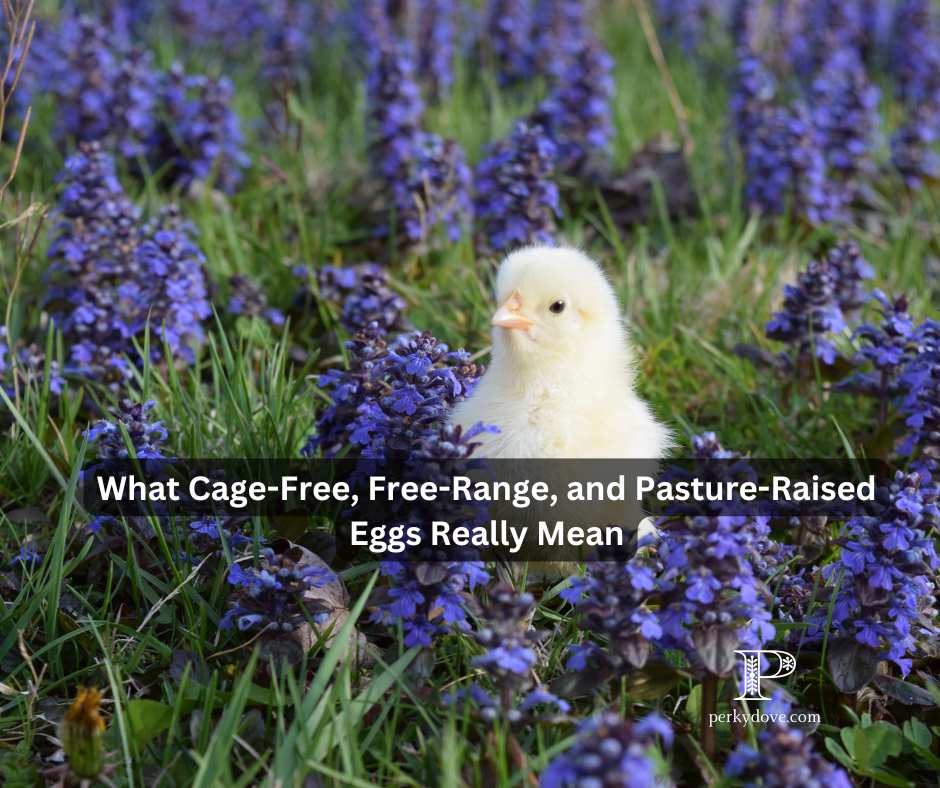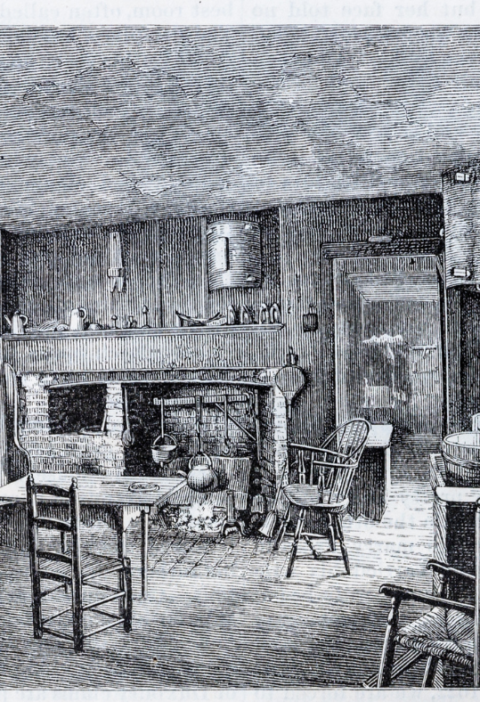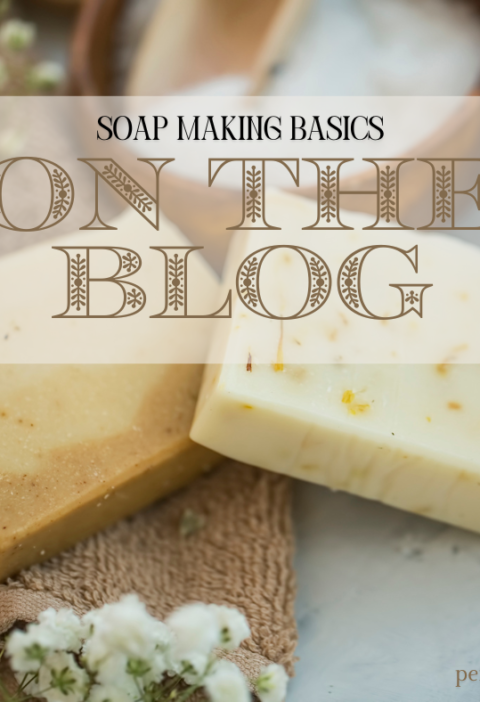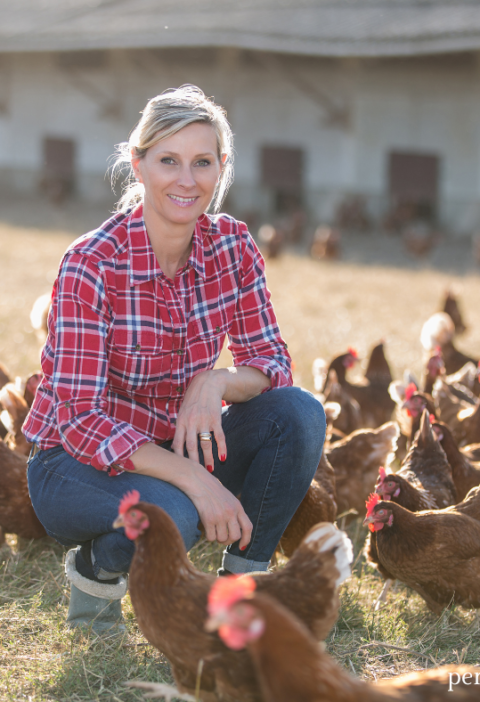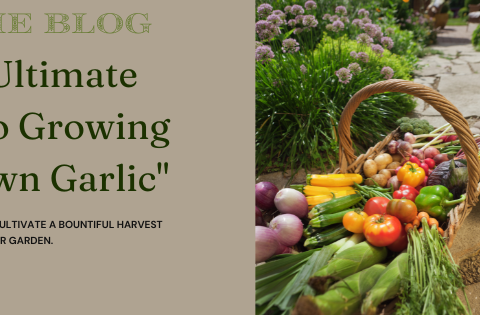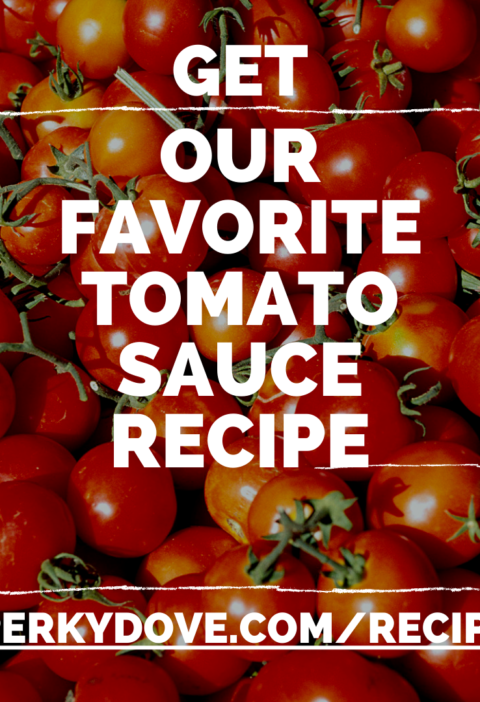We use affiliate links. If you purchase something using one of these links, we may receive compensation or commission.
Egg shopping used to be so simple. A dozen white eggs, maybe brown if you were feeling fancy, and you were done. Now, the egg aisle feels like a vocabulary test: cage-free, free-range, pasture-raised. It can be overwhelming, even for someone like me who keeps chickens in my own backyard.
I’ll admit, I’m spoiled. My little flock of Bantam chickens, a small but delightful breed perfect for backyard raising, keeps me well-stocked in eggs. Each hen has a name—they’re part of the family, after all. But one of my favorites is Goldie, an Easter Egger hen who lays the most stunning blue-green eggs. Every time I gather her eggs, I’m reminded of how personal and rewarding it is to care for these animals. But not everyone has the space or time for backyard chickens, so it’s important to know what those egg carton labels actually mean.
Let’s crack it open, shall we?
Generic Wire Egg Basket for Gathering Fresh Eggs Collecting Basket With Handle, Rusty Chicken Decorated Small Chicken Egg Basket Vintage Style Eggs Holder Basket Countertop for Farmhouse Kitchen Decor
Cage-Free: A Step Up, But Not by Much
The term “cage-free” might sound idyllic, but the reality is less picturesque. Cage-free hens aren’t confined to tiny wire cages, but they still live in crowded barns or warehouses. They have more room to move, sure, but not necessarily space to roam freely. There’s no outdoor access required for this label, so these hens might never see the sun.
Cage-free eggs are a step in the right direction for animal welfare, but they’re far from perfect. When I look at my own hens scratching happily in the dirt, I know that even the best cage-free conditions don’t compare to the life my chickens enjoy. My hens have the freedom to dust-bathe, forage for bugs, and stretch their wings—things that cage-free hens might never experience.
Discover Chicken Breeds, Behavior, Coops, Eggs, and More
Free-Range: A Little Room to Breathe
Free-range hens are promised some outdoor access, though the specifics can vary greatly. The term might conjure images of chickens wandering lush green fields, but the reality is often a small, fenced outdoor area that not all hens get to use. It’s better than cage-free, but still not quite the idyllic farm life.
This makes me think of my rooster, General Lee, who has the most striking feathers on his feet, reminding us of Civil War uniforms, and loves to lead my Bantam hens on adventures around the yard. Free-range hens might get a taste of that freedom, but it’s likely far more limited. A stark contrast to the minimal outdoor access many free-range hens experience.
Egg Basket for Gathering Fresh Eggs, Farmhouse Egg Collecting Basket, Wood Chicken Egg Basket, Egg Basket Countertop. ZSHLXM
Pasture-Raised: The Gold Standard
If you’re looking for eggs from hens that live their best lives, pasture-raised is the label to seek out. These hens have ample outdoor space to roam, forage, and live more naturally. It’s the closest you can get to the lifestyle my little flock enjoys.
Pasture-raised eggs often have higher nutritional value, too, with more omega-3s and vitamin D. And while they’re pricier, you’re paying for both improved animal welfare and a better-quality egg. Plus, if you’ve ever cracked open one of Goldie’s eggs with its rich, almost orange yolk, you’d know the taste is worth it. My Bantams may be small, but their eggs are packed with flavor and nutrients, proving that quality truly matters.
Personalized Chicken Egg Stamp with Unique Designs Custom Egg Marking for Farm Chicken Coop Branding Gift Giving - Design Template - 0.8"
What Does This Mean for Your Carton?
When you’re staring down the egg aisle, it’s all about priorities. Here’s how to decode the labels:
-
Cage-Free: A slight improvement over conventional eggs. Good if you’re on a budget but want a bit more animal welfare.
-
Free-Range: Better, but still variable. Look for certifications like Certified Humane to ensure higher standards.
-
Pasture-Raised: The best choice for hen welfare, nutrition, and taste—if your budget allows.
For those who want to ensure the highest standards, look for third-party certifications like Animal Welfare Approved. These labels go beyond the basic USDA requirements.
Why My Backyard Flock Inspires Me
Every morning when I check on my Bantams, I’m reminded of the connection between food and the animals that provide it. Goldie’s colorful eggs and the lively antics of my flock bring me so much joy. They’ve taught me to value quality and care, both for the animals and the food I eat.
Not everyone can have their own chickens, but understanding where your food comes from is a step toward making more thoughtful choices. My flock’s daily routine, from Goldie’s soft clucks to General Lee’s bold crow, reinforces the importance of giving animals a good life.
How to Raise a Happy Backyard Flock (Raising Chickens Guide)
Final Thoughts
The next time you’re in the egg aisle, take a moment to consider what’s behind the labels. Whether you choose cage-free, free-range, or pasture-raised, your decision supports the practices and standards you believe in. If you’re able, try cracking open a pasture-raised egg and taste the difference for yourself—you might be surprised.
If you have questions about egg labels, backyard chicken raising, or anything else, drop a comment below. I’d love to hear about your experiences and what kind of eggs you buy. Let’s start a conversation about making thoughtful food choices together!
